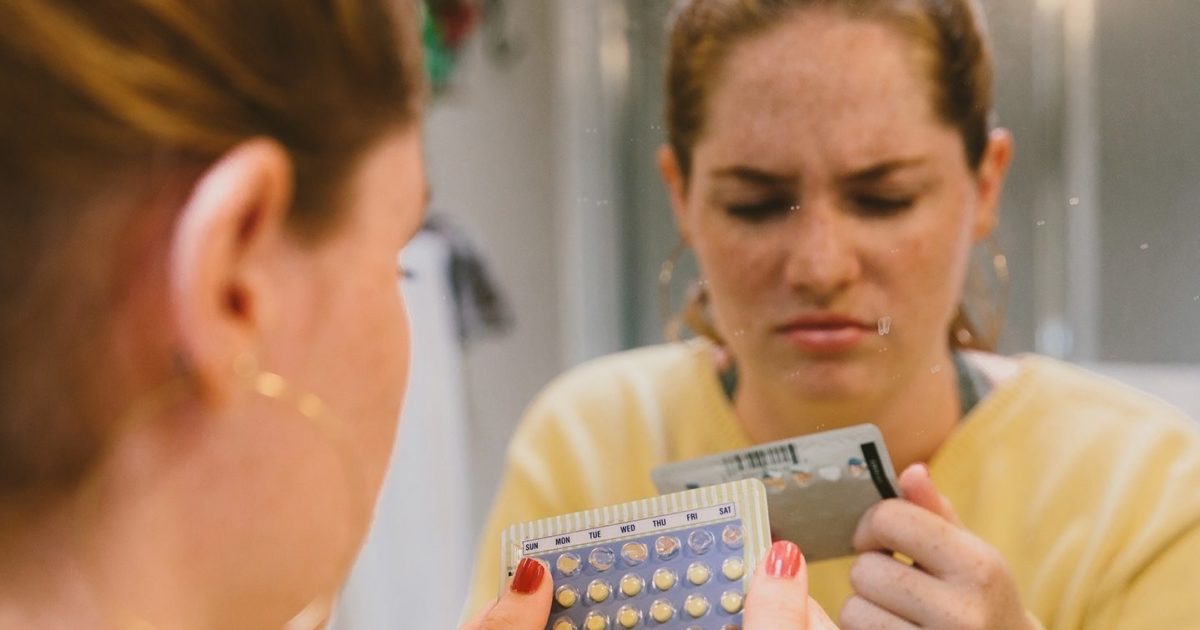Complex Contraception at UT Health Austin
What is it, who is it for, and what are my options?
Reviewed by: Lauren Thaxton, MD
Written by: Abbi Havens

For many people with few or no medical conditions, the conversation with your health care provider surrounding contraception is fairly straight forward. Although some trial and error may occur, most are able to land on a birth control method that satisfies their needs.
For some, that’s not the case. Certain diseases and conditions (and medications for those diseases and conditions) may make contraception a much more complicated conversation. UT Health Austin now offers full Complex Contraception services, of which UT Health Austin obstetric-gynecologists Bri Tristan, MD, MS, and Lauren Thaxton, MD, MBA, MSBS are a part of the Complex Contraception care team. Dr. Thaxton answers questions about complex contraception and explains who can benefit from these services.
What is complex contraception?
There are two sides to complex contraception. The first is choosing a method of birth control that works with your medical conditions and the medications that accompany those conditions. The other side of complex contraception is patients who already have a device (such as an IUD or implant) that they would like removed and have had difficulty removing, or patients who would like a device placed and have had difficulty placing.
What conditions may cause a patient to require complex contraceptive care?
This is not a comprehensive list and a provider can have an in-depth conversation with you about what constitutes complex contraception. However, we often see patients wanting to prevent pregnancy with the following conditions:
- History of or current cancer
- Cardiac disease
- HIV
- Seizure disorders
- Rheumatologic diseases like lupus
- Obesity
- Migraine headaches
- Organ transplant
- History of gastric bypass surgery
- Clotting or bleeding disorders
- Spinal cord injury
- Uterine anomalies
What are some examples of common complex contraception procedures?
A patient who really wants an IUD but experienced several unsuccessful attempts at placing an IUD would require my kind of expertise. Similarly, if someone has an IUD placed and needs it removed but can’t access the strings because the IUD is embedded in the uterus, the string was pulled off or the string traveled into the cervix and can’t be grasped, that falls under the umbrella of complex contraception.
For the arm implant, it’s the same set of tricks. The issue we encounter with that is not insertion, because it’s fairly simple to place, but difficulty removing the implant. Although rare, implants can travel within the arm and be harder to remove or not palpable to remove, so that’s a service we offer.
What risks are associated with not receiving specialized complex contraceptive care when you need it?
The risks are two-fold. First, patients with these medical conditions are sometimes told, “No, you can’t use this birth control method or that birth control method,” so unfortunately the messaging to women is often, “I can’t use birth control at all,” or, “I absolutely can’t use these methods.” In reality, there may be risks to using those methods, but it requires a more nuanced conversation than just yes or no. You need someone who is able to have a thorough conversation about what the risks and benefits of each option are, given your medical conditions. Misinformation can result in an unplanned pregnancy that should not occur or people not knowing (accurately) what their options are.
Second, patients with complex contraceptive needs sometimes use methods of birth control they aren’t happy with because they think they have no other options given their medical conditions, which may not be the case. There’s no one type of contraception that works for every person because we are diverse and there are so many options out there. We really want to work with our patients to identify their priorities and find a method that satisfies them.
How can a patient make an appointment to discuss complex contraception at the UT Health Austin ?
The most common way patients make an appointment is through doctor referrals. For example, if a patient received bariatric surgery and it is recommended that they don’t become pregnant for two years, their doctor would refer that patient to me to meet those complex needs. I also accept self-referrals. If a patient has one of the conditions previously listed or has repeatedly been told certain options are off-limits, they can make an appointment to see me herself.
Dr. Thaxton and Dr. Tristan are currently seeing patients for complex contraception consultations and services. If you or a loved one has complex contraception needs, call 1-833-UT-CARES (1-833-882-2737) or visit here.